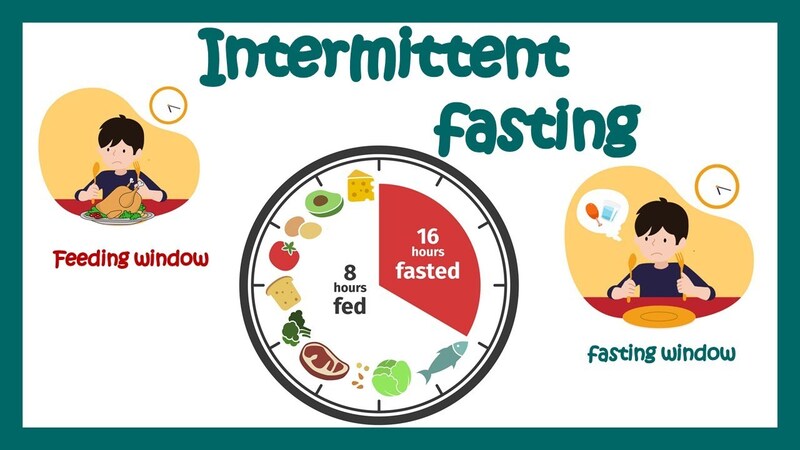What is intermittent fasting?
Intermittent fasting (IF) is a type of eating pattern where individuals alternate between periods of eating and periods of fasting. Its benefits of are well documented, with research suggesting that it can improve weight loss, blood sugar control, and overall health. However, a lesser-known benefit of IF is its ability to prevent tooth decay.
Tooth decay is a common problem caused by the buildup of bacteria in the mouth. The bacteria produce acid, which can erode the enamel on the teeth, leading to cavities and other dental problems. While proper oral hygiene is essential for maintaining good dental health, research has shown that intermittent fasting can also play a role in preventing tooth decay.

One of the ways that it can prevent tooth decay is by reducing the amount of time that the teeth are exposed to acid. When individuals eat frequently throughout the day, they are continually exposing their teeth to acid, which can increase the risk of tooth decay. However, by limiting the number of hours per day that they eat, individuals can reduce the amount of time that their teeth are exposed to acid. Give them a chance to recover and rebuild.
How to prevent tooth decay?
Another way that intermittent fasting can prevent tooth decay is by reducing inflammation in the body. Inflammation is a natural response to injury or infection, but chronic inflammation can have a negative impact on overall health. It can also include dental health. Research has shown that intermittent fasting can reduce inflammation in the body. It can help to protect the teeth and gums from damage.
Intermittent fasting can also improve insulin sensitivity, which can help to prevent tooth decay. Insulin is a hormone that regulates blood sugar levels, and high levels of insulin in the body can lead to inflammation and other health problems. It can include dental problems also. By improving insulin sensitivity through intermittent fasting, individuals can reduce their risk of developing dental problems.

Finally, it can promote the growth of beneficial bacteria in the mouth. The mouth is home to a diverse array of bacteria, some of which are beneficial to dental health. Research has shown that it can promote the growth of these beneficial bacteria, while reducing the growth of harmful bacteria. This can help to maintain a healthy balance of bacteria in the mouth, reducing the risk of tooth decay and other dental problems.
Conclusion
In conclusion, intermittent fasting can offer a range of benefits for dental health. By reducing the amount of time that the teeth are exposed to acid, reducing inflammation in the body, improving insulin sensitivity, and promoting the growth of beneficial bacteria in the mouth, it can help to prevent tooth decay and other dental problems. While proper oral hygiene is still essential for maintaining good dental health. Intermittent fasting can be a valuable addition to any dental care routine.
(Disclaimer: The information given here is based on general information. Before adopting it, definitely take medical advice. THE MONK does not confirm this.)




































